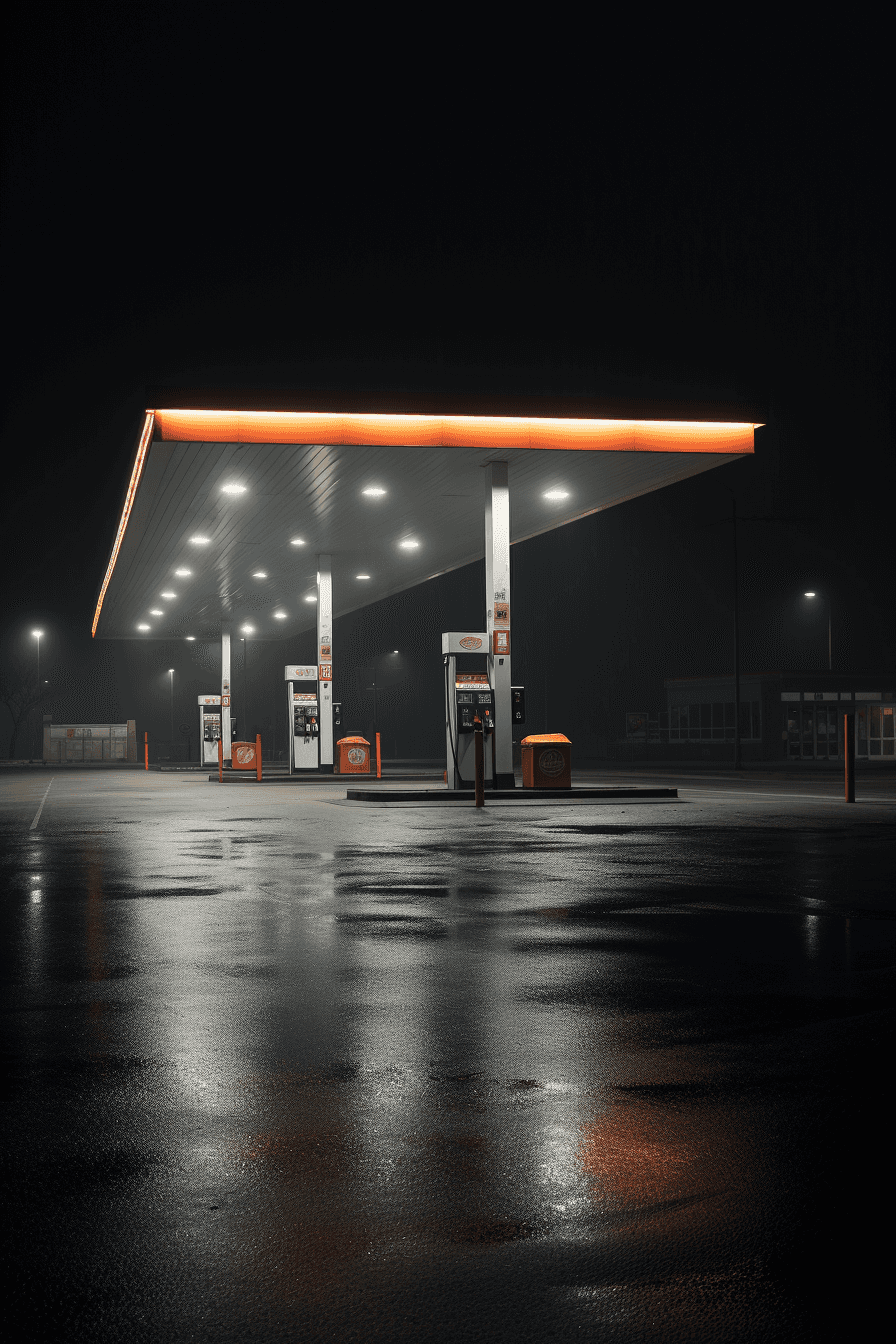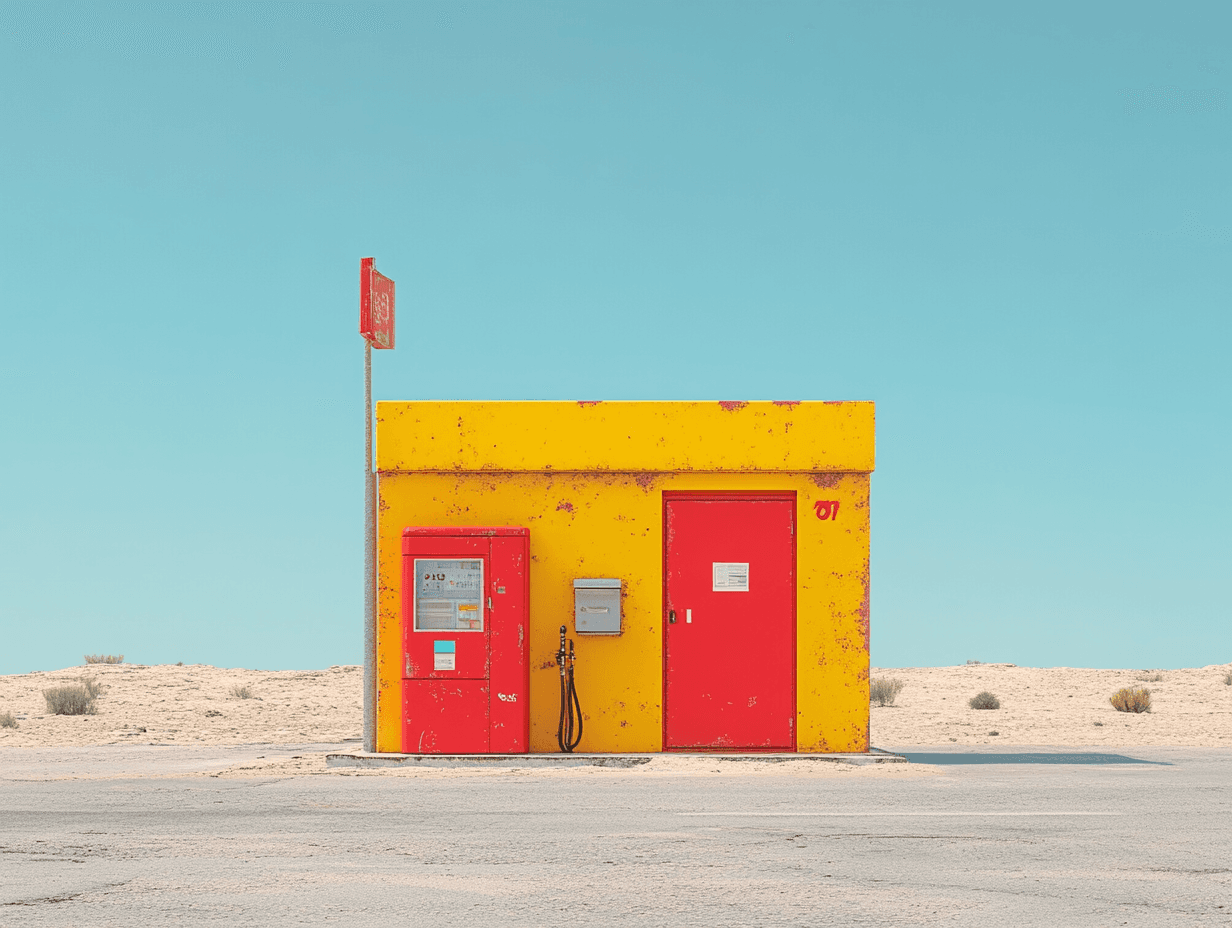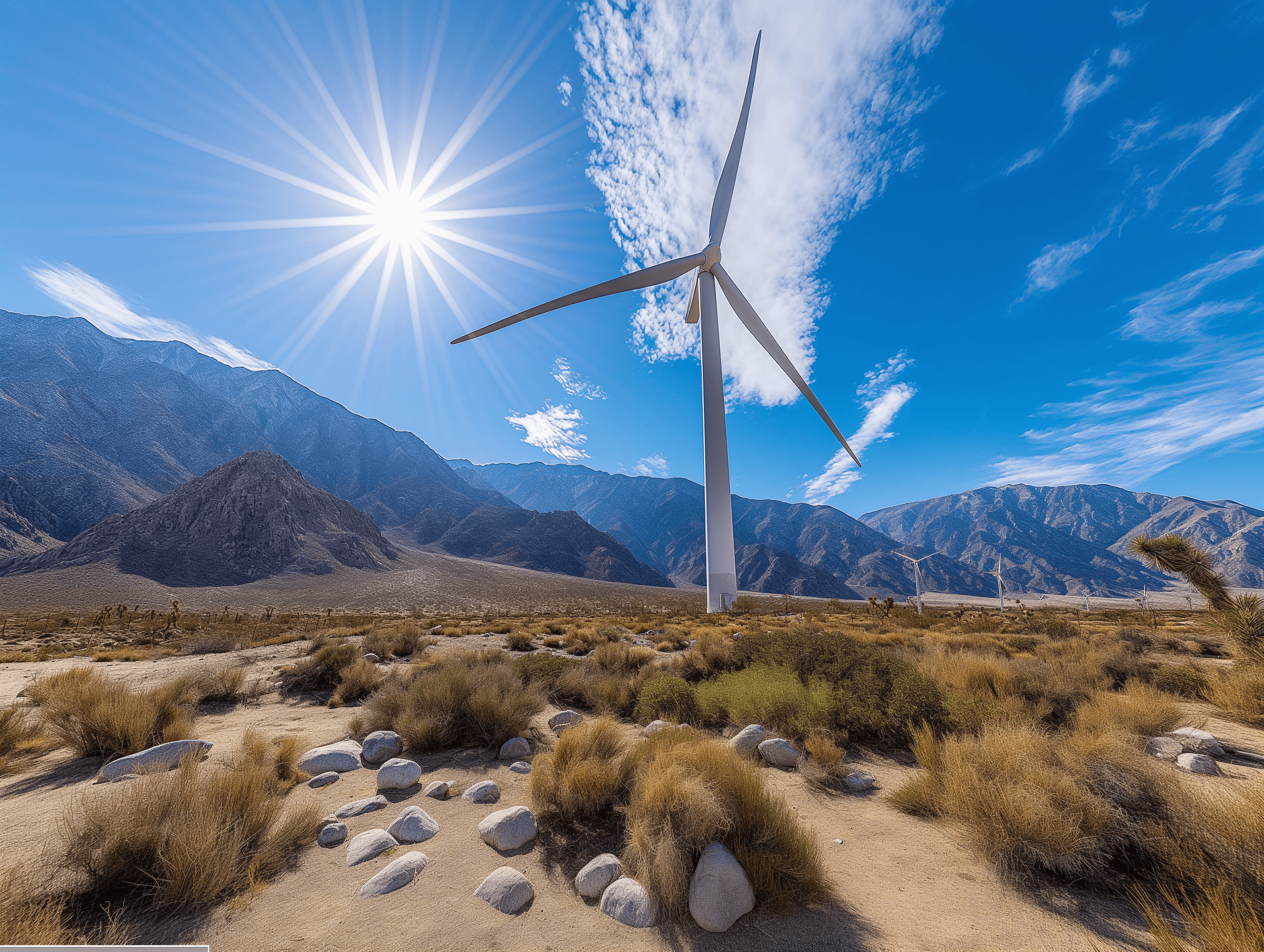EPDK's Information Note on the Amendment to Paragraph 7 of Article 9 of Law No. 5015 on the Petroleum Market
As of July 26, 2024, the seventh paragraph of Article 9 of the Petroleum Market Law No. 5015 (the "Law") has been amended as follows, effective from January 1, 2025.

On 26.07.2024, paragraph 7 of Article 9 of the Petroleum Market Law numbered 5015 ("Law") has been amended as follows, effective from 01.01.2025:
To address the uncertainties arising from the amendment and to clarify the scope of this change, the Energy Market Regulatory Authority ("EPDK") published an information note on 09.01.2025, titled “Frequently Asked Questions Regarding Paragraph 7 of Article 9 of the Petroleum Market Law numbered 5015.” This information note elucidates various critical subjects, including definitions like public institutions and establishments, ports, airports, factories, construction sites, mines, and quarries, as well as concepts such as their own vehicles, free user licenses, and dealership license responsibilities.
Frequently Asked Questions and Answers
1. Which entities are included under “public institutions and agencies” in the Law?
Public administrations within the scope of central administration and their affiliated or related organizations, local administrations and their connected and related establishments, unions or companies, institutions endowed with public legal personality including the Central Bank of the Republic of Turkey and universities are regarded as public institutions and organizations.
2. What areas are included in the definition of “port” within the Law?
In the Ports Regulation published in the Official Gazette dated 31.10.2012 and numbered 28453, “port facility” is defined as “Natural or artificial maritime areas that include sections defined by the Administration, where ships can securely load and unload cargo and passengers, dock, moor at quay, wharf, buoy anchor spots, and approach areas, and where closed and open storage areas, waste reception facilities, buildings and structures used for administrative and service purposes, or parts thereof, and where all access is controlled, constitute a port.” Locations that meet this definition and have obtained the necessary permits under relevant legislation are recognized as ports.
3. Which areas fall under the definition of “airport” in the Law?
In the Turkish Civil Aviation Law numbered 2920, “airport” is defined as “Areas specially prepared on land and water for aircraft to take off and land, with facilities for the maintenance and other needs of aircraft, as well as taking and giving passengers and cargo.” Locations that meet this definition and have the necessary permits under relevant legislation are recognized as airports.
4. What areas are included in the definition of “factory” in the Law?
A factory is defined as an industrial establishment that processes unprocessed or semi-processed materials into another semi-finished or ready-to-use form. Furthermore, in the Industry Registration Law numbered 6948, an industrial enterprise is defined as places “that alter or convert a substance, shape, characteristic, or composition partially or entirely with the aid of machines, devices, benches, tools, or other means and forces, or merely by hand labor, to produce or manufacture continuously and in series by processing these materials, and places where mines are extracted and processed.”
5. What does the definition of “construction site” in the Law cover?
Under the Zoning Law numbered 3194, offices, housing, worker accommodations, workshops, garages, stores, canteens, dining halls, bakeries, warehouses, health centers, and similar facilities established for the protection of materials and equipment necessary for construction, ensuring work and housing conditions are considered a construction site.
Furthermore, subcontractor companies providing services on the construction site, provided they supply their own fuel, may supply fuel to their vehicles from a depot to be established within the construction site under a contractual agreement with the main site contractor.
6. What qualifies as “mine and quarry” within the Law?
Places licensed for exploration and operation of petroleum or mines, appropriately marked by the General Directorate of Mining and Petroleum Affairs or relevant public institutions, are acknowledged as mines and quarries.
7. What vehicles are included under the definition of “own vehicle”?
Vehicles owned or leased by public institutions and organizations, factories, construction sites, ports, airports, mines, or quarries and utilized for work purposes are considered their own vehicles.
8. What types of vehicles can be supplied within public institutions; ports, airports, factories, construction sites, or mining and quarries?
Since there is no limitation on this issue in the relevant provision, there is no constraint on supplying fuel to vehicles used for work purposes, without examination of vehicle class.
9. Are deliveries made to work machines included in this provision?
In the Highways Traffic Law numbered 2918, “work machines” are defined as motor vehicles equipped with various equipment according to the work purpose, used in the work and services of construction, agriculture, industry, public works, national defense, and various institutions; and are not used for transportation of people, animals, or loads on highways.
Fuel storage and supply for vehicles registered as work machines under the Highways Traffic Law is not hindered.
Additionally, companies providing services in the garbage collection sector for municipalities can supply fuel to vehicles used in garbage collection from fuel storage facilities established in areas allocated to them by the municipality as per agreements related to garbage collection activity, provided they procure their own fuel.
Users who supply fuel for use in work machines cannot use the supplied fuel for purposes other than intended.
10. Are deliveries to Free User License Holders evaluated under paragraph seven of Article 9 of the Petroleum Market Law numbered 5015?
Since paragraph seven of Article 9 of the Law does not impose any specific restriction concerning free users, and it is stipulated in the Law and relevant legislation that distributors can supply fuel to free users or that free users can procure fuel from licensed distributors, there is no restriction on procuring fuel (diesel, fuel oil, and heating oil) from licensed distributors under free user licenses.
11. Are deliveries made for use in generators or for air conditioning purposes included in the relevant provision?
The first sentence of paragraph seven of Article 9 of the Law regulates supplies made to vehicles. Therefore, fuel deliveries made for purposes other than the use in vehicles (e.g., mobile or stationary generators, air conditioning purposes, etc.) are not covered by the relevant provision.
Nonetheless, users who store fuel for use in electric generators, air conditioning, and similar purposes cannot use the obtained fuel for purposes other than intended.
12. Who can supply fuel to their vehicles at ports and airports?
The Law specifies ports and airports as locations, allowing natural and legal persons operating in ports or airport areas to supply fuel to their own vehicles used for business purposes, within the port or airport field, provided they obtain the necessary permits regarding storage and supply facilities in those areas.
13. Must fuel transportation to the buyer be done by licensed dealers?
According to the provision added to paragraph seven of Article 9 of the Law, "In fuel deliveries to be made outside fuel stations, transportation or arrangement of transportation of fuel to the buyer's depot must be carried out by the seller with a distributor license.” As per this provision, fuel can be transported or arranged for transportation by licensed dealers. The responsibility of the relevant license holder under the Law shall not be alleviated if the fuel is arranged for transportation by the dealership license holder. All liability concerning the delivery of fuel to the user's depot rests with the relevant license holder.
14. Are operations and transactions under the National Vehicle Identification System the responsibility of EPDK?
The enforcement authority of the National Vehicle Identification System Implementation General Communiqué (Serial No:1), published in the Official Gazette dated 5/10/2023 and numbered 32330, is held by the Ministry of Finance and Treasury.




